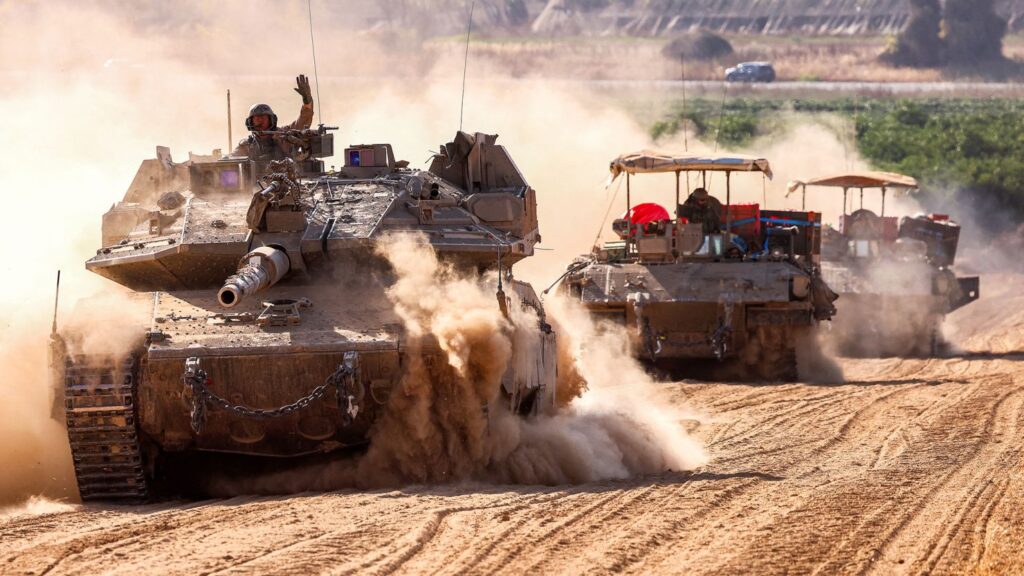As the Israel-Hamas conflict continues to escalate, Israeli Defense Minister Israel Katz has confirmed that Israeli Defense Forces (IDF) will maintain an indefinite military presence within buffer zones across Gaza, Lebanon, and Syria. This declaration signals a long-term strategic shift in Israel’s security doctrine amid ongoing regional tensions.

Since March 18, Israeli ground operations have expanded dramatically, resulting in the occupation of more than 50% of Gaza’s territory. This includes strategic control of Rafah, a city near the Egypt-Gaza border, which has become a focal point in both military operations and humanitarian concerns.
The Buffer Zone Strategy
The creation and enforcement of buffer zones are seen by Israel as essential for national security, aiming to prevent cross-border attacks and curtail militant movements. Katz’s assertion underscores the belief that military presence in these zones will serve as a permanent deterrent against future threats from Hamas and Hezbollah.
Critics argue, however, that indefinite occupation blurs the line between defensive security and extended military control, raising questions about international law and the sovereignty of Palestinian territories.
Humanitarian Crisis Deepens
Israel’s seven-week-long blockade of Gaza has exacerbated an already dire humanitarian crisis. Access to food, clean water, and medical supplies remains severely limited, with aid organizations warning of looming famine and disease outbreaks. The Israeli government maintains that the blockade is necessary to pressure Hamas and prevent the smuggling of weapons into the region.
Hostages and Ceasefire Stalemate
Hamas continues to hold 59 Israeli hostages, a key point of leverage in any potential negotiation. The group has made clear that a ceasefire agreement will only be considered under two major conditions: the complete withdrawal of Israeli forces from Gaza and a full end to the blockade.
Despite international efforts—particularly from Egypt, Qatar, and the United States—ceasefire talks remain deadlocked. Israel’s position remains firm: there will be no ceasefire without the unconditional release of all hostages and long-term security guarantees.
The Road Ahead
As the situation develops, global attention is focused on how far Israel will go to maintain its newly established buffer zones and whether continued occupation will inflame tensions or bring about a strategic advantage. Meanwhile, Gaza’s civilians remain caught in the crossfire of geopolitics, military strategy, and humanitarian desperation.
The long-term consequences of Israel’s presence in Gaza—and the international community’s response—may redefine the regional landscape for years to come.
Sources: Reuters, AP News, France24, BBC.